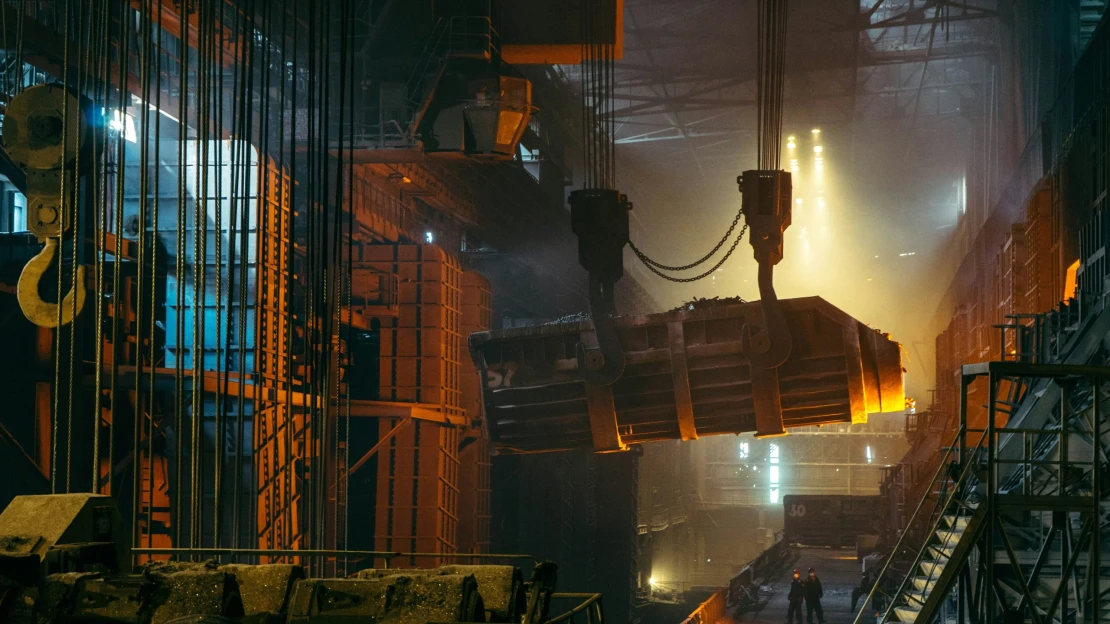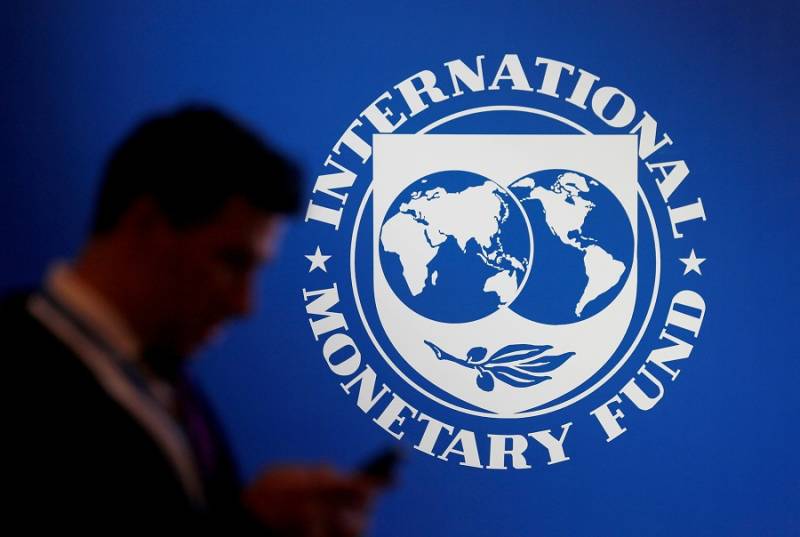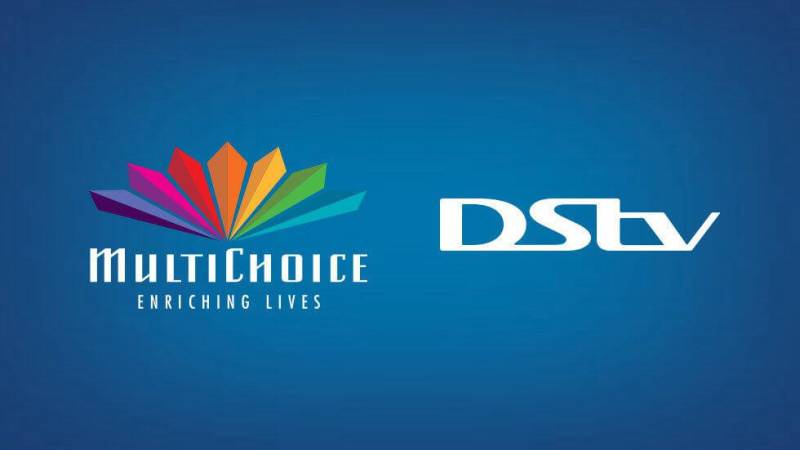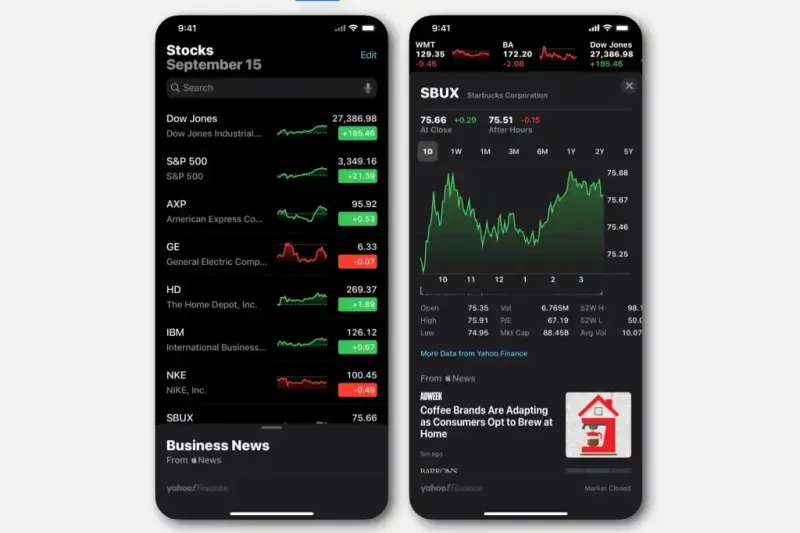The historic sale of U.S. Steel to Japan’s Nippon Steel has officially closed, marking a pivotal moment in American industry. Nippon Steel acquired the iconic Pittsburgh‑based company in a staggering $14.9 billion all‑cash deal, paying $55 per share and immediately delisting U.S. Steel from the NYSE. While the purchase secures Nippon’s position as the world’s second‑largest steelmaker, it comes with extraordinary oversight: the U.S. government now holds a “golden share,” granting it veto power over key strategic decisions.
This golden share, a rare form of government control in private-sector M&A, empowers the President to block actions like relocating headquarters, shuttering plants, moving jobs abroad, changing the company name, or altering investment levels. It also includes naming an independent board member and vetoing appointments to ensure a majority U.S. board. This is America’s first corporate golden share in a non-distressed asset and signals a new era in national-security‑informed foreign investment.
Read Also: Meta Approaches OpenAI Staff x David Sacks on Genius Act

Nippon Steel has pledged $11 billion in U.S. facility upgrades by 2028 and plans to build a new electric arc furnace. CEO Eiji Hashimoto reassured that the golden share “will not restrict management plans,” citing continued strategic autonomy alongside compliance. The merged entity’s annual steel capacity will reach 86 million tons, just shy of China’s Baowu Group and surpassing ArcelorMittal. Political backing was crucial. Although President Biden initially blocked the acquisition in early 2025 over national-security concerns, former President Trump reversed course and approved the deal, provided the golden share arrangement was included. Commerce Secretary Howard Lutnick emphasized the protection this setup offers: safeguarding jobs, maintaining U.S. ownership, and reining in foreign competition while capitalizing on newly raised 50% steel tariffs.
Labor unions remain closely watching. The United Steelworkers (USW) union criticized the government’s level of corporate control and flagged the golden share as “startling". However, local union reps in Mon Valley, Pennsylvania, have welcomed the deal’s job protections and investment, arguing that employment and environmental safeguards were top priorities. Market reaction was immediate and strong. U.S. Steel shares surged over 5%, reaching their highest levels since 2011 on news of the deal and government backing. Analysts point out that although such government intervention could deter some foreign investors in the future, it also sets a powerful precedent for safeguarding strategic industrial assets.
For Nippon Steel, the acquisition is a logical extension of its global expansion strategy in an increasingly tariff-protected market. The U.S.—with $565 million in import tariffs and a robust infrastructure agenda—is a prime arena for its high-grade steel and advanced mill technology. U.S. Steel retains its name and U.S. headquarters as pledged, and with a majority of its board now American, the company enjoys both domestic stability and global integration. Looking ahead, the integration of U.S. Steel under Nippon’s wing—and unique governmental oversight—raises essential questions about corporate governance, foreign investment policy, and America’s industrial future. Will this model encourage more strategic, security-conscious acquisitions or stifle them? How will subsequent administrations wield the golden share? As this new chapter unfolds, it’s clear that U.S. Steel’s rebirth is not just a business story—it’s a test case in balancing national interests, market openness, and global competitiveness.



